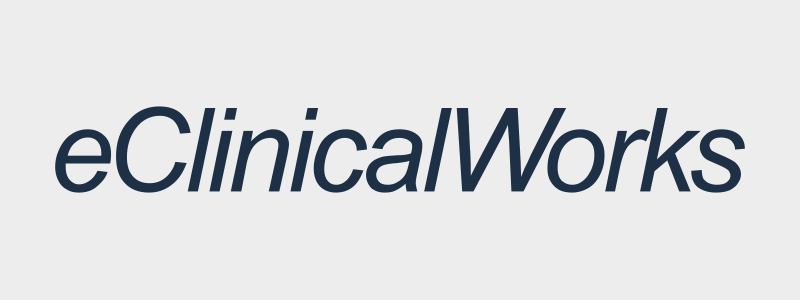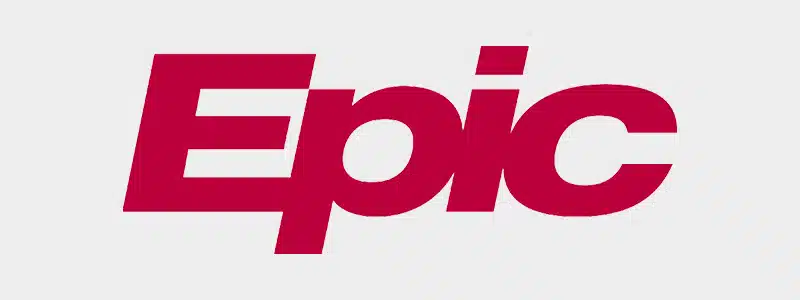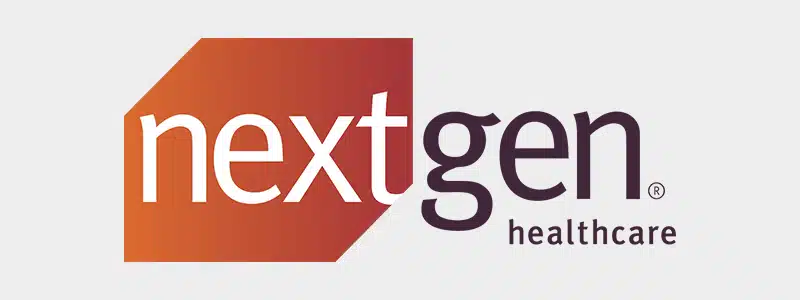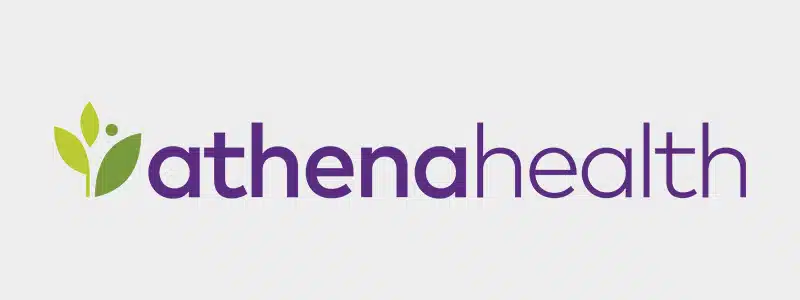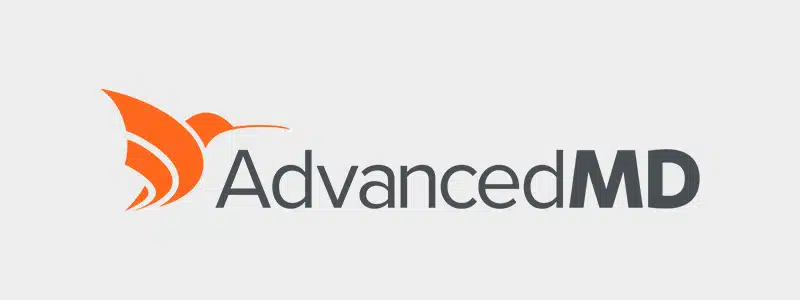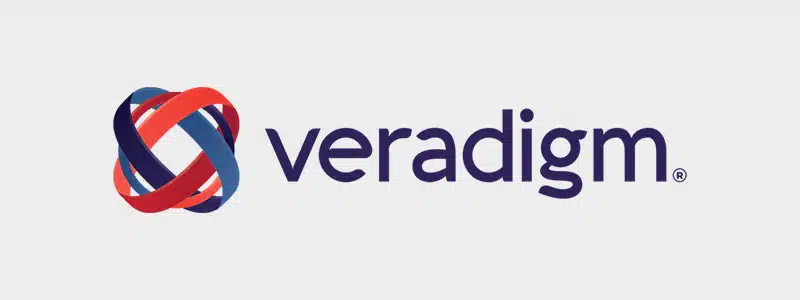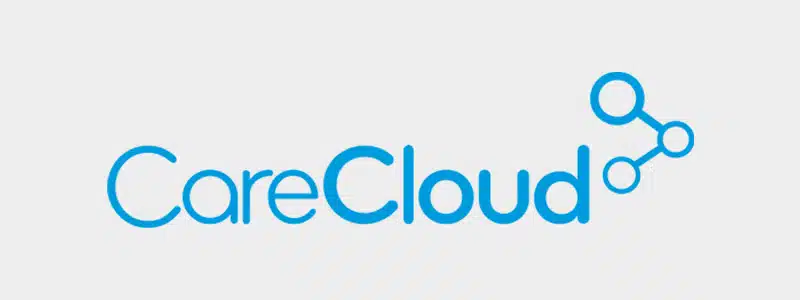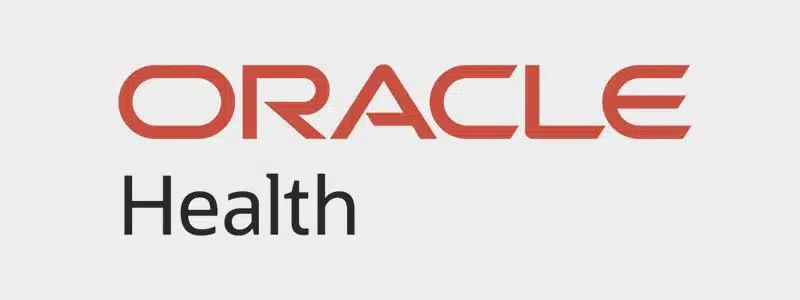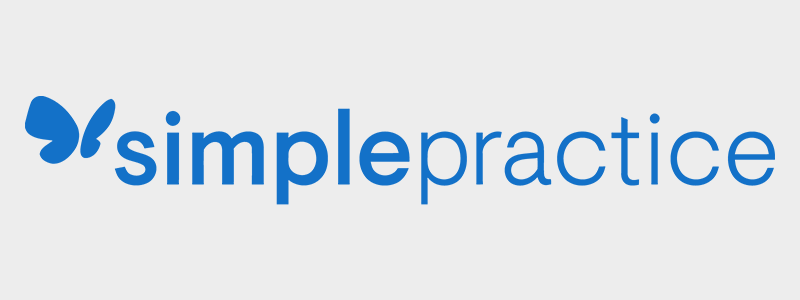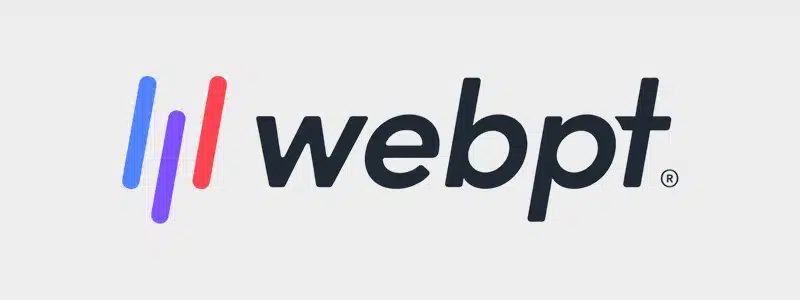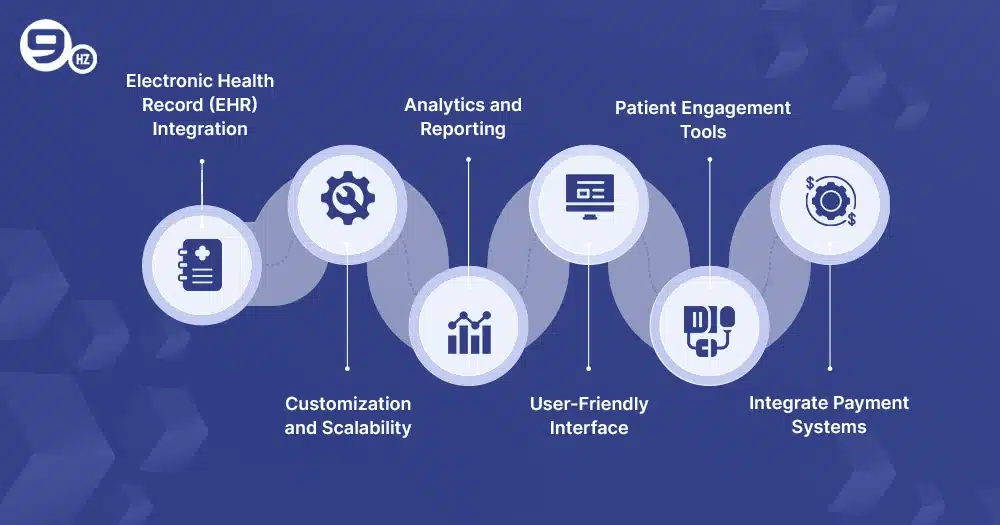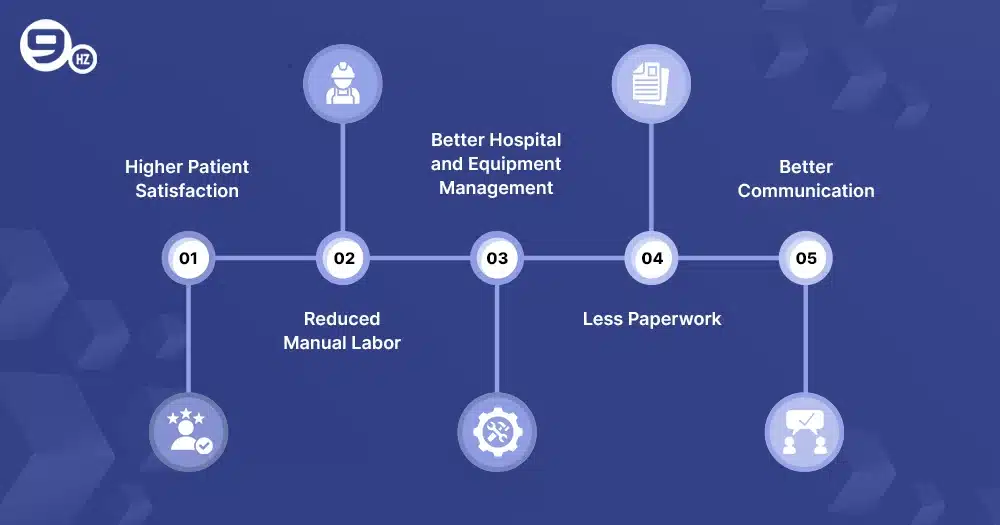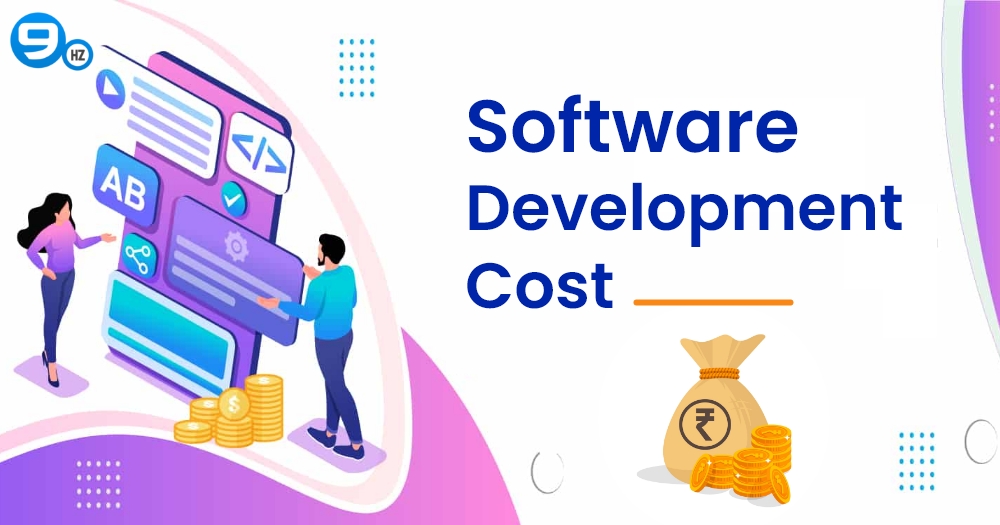Technology has made a significant impact on industries. One such great example is Healthcare Software. Compared to traditional healthcare, digitalization has completely revolutionized the way medical services are offered.
According to recent stats, the global healthcare IT market size is expected to reach $1,674 billion by 2035 with a CAGR of 14.7%. And it is all possible with the help of top medical software companies, which have changed the way medical operations happen.
From online video consultation, e-prescription, and online data to data tracking apps, everything is now getting more streamlined and optimized with the help of healthcare softwares.
Nowadays, every healthcare business plans to build their software to offer their products or services. That’s why software is gaining huge popularity, especially after the COVID.
Herein, being an Custom Healthcare Software Development Services provider, we have created a list of the 20 top healthcare software solutions, each serving unique purposes. It will help you understand the changing healthcare market and which software is best for a particular purpose.
List of 20 top softwares for Healthcare Providers
| Healthcare Software | Best For | Purpose | Pricing |
|---|---|---|---|
| Epic System | Large healthcare organizations | Used to manage patient records, appointments, and billing | From small clinics to larger hospitals ($1200 – $500,000) |
| eClinicalWorks | Medium to large practices | Helps doctors track patient information, schedule visits, and manage billing | EHR only – $449/month per provider EHR with practice management – $599/month per provider |
| NextGen Healthcare | Ambulatory care settings | Manage patient records and financial aspects | $300 – $545 per provider per month |
| Athenahealth | Small to medium practices | Handle patient records and billing online | Basic plan – $140/month Small practices (1-3 providers): $50,000-$150,000 annually Medium practices (4-10 providers): $150,000–$300,000 annually |
| AdvancedMD | Various-sized practices | Customize workflows and manage patient care and billing effectively | Essential: $249 Professional: $349 Ultimate: $449 |
| Veradigm | Small to medium practices | Manage patient records and easily integrate other practice management tools | Practice Fusion EHR: $149/month Veradigm ePrescribe: $59/month per prescriber |
| CareCloud | Small to medium practices | Keeping patient records and handling billing efficiently | Breeze: $199 per provider per month CareCloud Central: $349 per provider per month CareCloud Complete: $629 per provider per month |
| Oracle Cerner | Hospitals and health systems | Manage patient information and analyze data for better care | Starting plan – $25/month Small practice: $50,000 to $150,000 annually Medium practice: $150,000 to $300,000 annually |
| SimplePractice | Mental health and wellness providers | Manage client appointments, notes, and billing | Starter: $29/month Essential: $69/month Plus: $99/month 30-day free trial available |
| WebPT | Rehabilitation therapy practices | Manage patient treatment records and billing for therapy services | Starting from $99/month |
List of Top 20 Softwares in Healthcare
1. eClinicalWorks
Best For: Organizations seeking robust EHR and practice management solutions
eClinicalWorks is a prominent EHR and practice management solution for healthcare providers. It is specially designed to improve patient care in healthcare clinics and organizations by offering various services, including telehealth services, patient engagement tools, income cycle management, and more. These help the clinics and organizations streamline their work operations and mainly focus on patient care.
Key Features:
- Electronic health records
- Patient engagement tools
- Revenue cycle management
- Population health management
- Value-based care
2. Epic Healthcare Software
Best For: Large healthcare systems seeking scalable EHR solutions
Epic Systems is one of the largest EHR vendors, and it currently powers 38% of hospital installations across the globe. With over 40+ years of experience in healthcare industry, Epic is well-known for its reliability and scalability in healthcare systems. Many healthcare organizations are using the Epic EHR system to streamline operations. It offers various features, including clinical documentation, patient database management, and billing, in one platform. Epic EHR systems allow multiple healthcare systems to share patient data safely and easily.
Key Features:
- Mobile-friendly EHR
- Full access to the Epic community
- Patient portal
- Clinical documentation
- Revenue cycle management
Read More
Types of Healthcare Software in 2025
How to Choose a Software Development Company?
3. NextGen Healthcare
Best For: Improving patient engagement and automating workflows
NextGen Healthcare is an award-winning software that offers cloud-based EHR systems and practice management solutions for healthcare organizations. It allows healthcare organizations to manage patients’ databases, streamline workflows, automate repetitive tasks, and enhance patient engagement. From telehealth support to patient portals, clinics and hospitals can boost their operations and deliver better care after implementing NextGen Healthcare.
Key Features:
- Patient engagement tools
- Medical templates for 26 specialities
- Mobile EHR support
- Document management
- EM coding
4. Athenahealth
Best For: Healthcare providers need a Cloud-based EHR that improves interoperability
Athenahealth is cloud-based software that offers EHR solutions for healthcare providers to improve patient care and streamline operations. This software offers various functionalities, including medical billing, coding, scheduling appointments, billing, documentation management, and much more, which overall helps to improve patient care. Also, it allows different healthcare systems to connect and share information easily. The user-friendly design and innovative features make Athenahealth a popular choice.
Key Features:
- Interoperability tools
- Cloud EHR
- Revenue cycle management
- Population health management
- Telehealth support
- Patient portal
5. AdvancedMD
Best For: Independent practices need a comprehensive suite for operations
AdvancedMD is a cloud-based unified suite of software that offers advanced features like practice management, EHR, medical billing, patient engagement tools, telemedicine functionality, and advanced analytics, which help healthcare organizations improve their workflow. It’s listed as one of the best medical billing software because of its comprehensive features and ease of use. For independent medical practices, this software is a good choice to ease their process and allow them to provide better patient care.
Key Features:
- EHR integration
- Patient eligibility verification
- Front office software
- Billing and invoicing management
- Advanced reporting and analytics
6. Veradigm
Best For: Healthcare providers looking for versatile EHR solutions with clinical management capabilities
Allscripts is healthcare software that offers electronic health records (EHR) and electronic medical records (EMR) to healthcare organizations to improve patient care. It offers a wide range of functionalities, including appointment scheduling, lab integration, patient health record management, clinical documentation, revenue cycle management, and much more. These solutions help the healthcare organization deliver better patient care.
Key Features:
- Clinical decision support
- Appointment management
- Patient portal
- Telehealth capabilities
- EHR optimization
7. CareCloud
Best For: Medical groups need an integrated platform for efficient patient experience
CareCloud is a SaaS platform providing healthcare information technology and services that help medical groups improve their operations. Some key features are practice management, revenue cycle management, electronic health records, telemedicine, workforce augmentation, and chronic care management. It helps medical practices of all sizes improve efficiency and improve patient care. If a healthcare organization or clinic wants to modernize its operations and boost efficiency, then CareCloud is an all-in-one tool.
Key Features:
- Revenue cycle management
- Electronic Health Records (EHR) integration
- Patient experience management
- Workforce augmentation
- Charting and notetaking
8. Oracle Cerner
Best For: Organization mainly focused on population health management
Cerner is another of the best EHR software that offers advanced functionalities, including population health management, income cycle management, and streamlining healthcare operations for clinics and hospitals. It helps healthcare organizations enhance their work operations and improve patient outcomes.
Key Features:
- Customizable dashboards
- Revenue cycle management
- Population health platform
- Billing automation
- Clinical decision support
9. SimplePractice
Best For: Small practices need a user-friendly management system with telehealth capabilities
SimplePractice is an all-in-one practice management software that is trusted by more than 200,000+ practitioners. It’s an advanced EHR software that automates various clinical operations such as scheduling appointments, client portals, telehealth support, advanced reporting, documentation, and other intuitive features that improve workflow. It’s the best software for small practices that are just getting started.
Key Features:
- Client portal
- Paperless intake forms
- Measurement-based customize care
- Telehealth support
- Billing management
10. WebPT
Best For: Rehab therapy practices to optimize workflow across locations
WebPT is another all-in-one practice management software that is specially designed for rehab therapy organizations. It helps to improve patient engagement, streamline clinical operations, and optimize the billing processes. WebPT helps to enhance patients’ care and maximize their revenue. Also, its predictive analytics helps clinics improve their performance with insightful reports and make data-driven decisions for growth. If there are multi-location clinics aiming to enhance care and fast operations, then WebPT is worth considering.
Key Features:
- Digital patient intake
- Outcomes tracking
- Electronic Benefit Verification (eBV)
- Home Exercise Program (HEP)
- Appointment management/scheduling
11. EHR YOUR WAY
Best For: Transition from paper-based to digital records with customizable options
EHR Your Way is a cloud-based electronic healthcare record (EHR) system that is specially designed for healthcare clinics to improve their workflow and turn their paperwork into electronic records. Healthcare clinics get various advanced functionalities with this software, including online appointments, making notes, billing, reporting, and a dedicated patient portal. This software helps clinics stand out and improve their workflow efficiency.
Key Features:
- Lab integration
- Patient portal
- Appointment management
- Billing management
- Insurance and claims verification
12. Meditech
Best For: Hospitals need robust EHR systems for effective patient data management
Meditech is a well-known healthcare software company that mainly focuses on electronic health records (EHR) systems to streamline hospital and clinical operations. For over 50 years, they have been helping hospitals and clinics streamline their operations, including patient database management, billing, scheduling, and other tasks. Many hospitals and clinics are relying on hospitals to grow their healthcare organizations.
Key Features:
- Interoperability
- Clinical documentation
- Lab integration
- Patient portal
- Clinical decision support
13. GE Healthcare
Best For: Organizations wanting advanced solutions for patient care
GE Healthcare is one of the leading providers of medical technologies and digital solutions for healthcare organizations that want better patient care. It offers a wide range of products, including digital imaging, patient monitoring equipment, diagnostic tools, and information technologies. GE Healthcare truly supports the healthcare industry and ensures better patient care with its comprehensive solutions.
Key Features:
- Compliance tracking
- Mobile app support
- Customizable templates
- Appointment scheduling
- Billing and claims
14. IBM Watson Health
Best For: Organizations leverage AI for data-driven decisions and personalized patient care
IBM Watson Health is a voluntary software that uses artificial intelligence (AI) and data analytics to improve patient care. This software allows healthcare organizations to analyze vast healthcare data and find meaningful insights to make data-driven decisions. So that medical professionals can deliver personalized care to patients and produce better outcomes. This means that healthcare organizations mainly use IBM Watson Health to get meaningful insights into the data and informed decision-making.
Key Features:
- Natural language processing
- Accessible advanced analytics
- Speech to text / Text to speech
- Machine learning
- Personality insights
15. Optum
Best For: Healthcare providers focus on data-driven care
Optum is a healthcare service provider that offers data-enabled care delivery to improve quality and reduce operational costs. It offers a wide range of solutions, including advanced analytics, population health management, revenue cycle management, and data-driven decisions. It helps streamline operations and leverage AI and predictive analytics to provide better patient care in healthcare organizations and clinics.
Key Features:
- Patient care management
- Data and health analytics
- Population health management
- Claims administration
- Billing and e-prescription management
16. Practice Fusion
Best For: Independent practices looking for a flexible EHR solution with easy integration
Practice Fusion is the best EHR platform for independent medical practices that are looking for advanced features like charting, e-prescription, patient scheduling, and lab/imaging integration systems in one place. Its tailored solutions and customizable templates help healthcare professionals integrate to simplify operations. Practice Fusion is also known for its excellent support system via live chat, phone, email, and resources for advanced support.
Key Features:
- Intuitive charting dashboard
- Prescribe seamlessly
- Flexible billing solutions
- Cloud-based lab and imaging integrations
- Automatic updates for EHR
17. McKesson
Best For: Healthcare organizations need a powerful EHR system for clinical efficiency
McKesson is the most powerful healthcare EHR/EMR software solution, which is designed to improve clinical efficiency and patient care. With 20+ years of experience, it’s a trusted choice for a broad range of healthcare organizations. With the help of McKesson, healthcare organizations can automate various operations, including prescription management, diagnostic orders, and reporting, and streamline workflows. McKesson is a modern solution for efficient, accurate, and better patient outcomes.
Key Features:
- Clinical Programs Solution (CPS)
- Enterprise Reporting and Analytics (ERA)
- Patient management
- Value-based care
- Claims reimbursement
18. Wellness360
Best For: Healthcare organizations want to implement comprehensive employee wellness programs
Wellness360, as the name implies, is an all-in-one wellness platform that helps medical professionals and wellness companies implement employee wellness programs. There are numerous features that Wellness360 offers, including tailor-made wellness with HRA, reward engines, real-time analytics, screenings, device integration, tracking modules, and much more, which overall improve employee health, productivity, and job satisfaction and ensure long-term positive impact. It’s a platform that every healthcare organization and wellness company needs for the betterment of their employees.
Key Features:
- Health risk assessments
- Executive dashboard
- Employee wellness challenges
- Incentive management
- Mobile app access
19. Siemens Healthineers
Best For: Healthcare providers need advanced diagnostic tools for patient care
Siemens Healthineers is an advanced healthcare solution provider that enhances patient care overall. It offers digital imaging, laboratory diagnostics, digital health, consulting, and managed services. Their healthcare solutions support healthcare organizations and clinics in providing personalized patient care and ensuring high-quality care.
Key Features:
- Diagnostic imaging
- Laboratory diagnostics
- Patient consulting
- Personalized patient care
20. Tebra
Best For: Independent practices need an integrated platform for patient data management
Tebra is a cloud-based medical billing software for independent practices, which helps healthcare providers use their tools for charting, patient registration, billing, e-prescribing, telehealth, note-taking, and performance reporting. Also, it helps healthcare professionals automate and track payments, seamlessly submit claims, and collect outstanding bills from patients. It makes medical billing much faster and reduces payment delays for healthcare professionals.
Key Features:
- Comprehensive dashboard
- Patient portal
- Electronic superbills
- Secure messaging
- E-prescribing and lab integration
Disclosure Statement:
This article is intended for informational purposes only and is based on independent research. We do not have any affiliations, partnerships, or sponsorship agreements with any of the software companies mentioned in this article. Our goal is to provide unbiased, comprehensive information to help healthcare organizations make informed decisions when choosing software solutions. All software recommendations are based on publicly available information at the time of writing. Please ensure that you verify current pricing, features, and functionality before making any final decisions.
Key Features to Consider When Choosing Healthcare Software
1. Electronic Health Record (EHR) Integration
EHR integration is one of the essential features of healthcare software. It allows healthcare professionals and nurses to easily access, modify, and share patient information. It helps them keep the patient’s data up-to-date, organized, and easily accessible at all times for better care and to avoid mistakes.
2. Customization and Scalability
Healthcare software requires customization and scalability because it allows customization according to the unique needs of a healthcare organization. This ensures that software is relevant and updated according to the organization’s changing demands.
3. Analytics and Reporting
Another crucial feature of healthcare software is analytics and reporting options, which help healthcare professionals analyze patients’ data and find meaningful insights to improve patient care and quality of care. AI and ML power these analytics and reporting tools for in-depth analysis and allow healthcare organizations to make informed data-driven decisions.
4. User-Friendly Interface
Whether it’s patients or healthcare professionals, healthcare software must be easy to use and simple. That’s why a user-friendly interface is essential to make it easily accessible for everyone and ensure effective patient and professional use.
5. Patient Engagement Tools
Every healthcare software needs patient engagement tools so that patients can smoothly interact with the software. These tools make communication between patients and healthcare providers easier, such as online appointments, medication reminders, and health progress tracking, which overall keep patients engaged and allow better patient care.
6. Integrate Payment Systems
Healthcare Software makes prescription and billing digital and allows patients to manage easily. So, it’s important to integrate multiple payment options so patients can bill them more easily via suitable options and ensure timely payments.
Benefits of Using Healthcare Software
1. Higher Patient Satisfaction
Healthcare software makes medical care access easier for patients, such as booking appointments online, getting medication reminders, tracking health progress, and obtaining e-prescriptions. It allows healthcare organizations to deliver their medical services more efficiently to their patients and ensure a smooth process.
2. Reduced Manual Labor
Building healthcare software via software development services is very beneficial for healthcare organizations. Because it allows the use of software to automate repetitive tasks such as scheduling, billing, and data entry to save time and reduce staff requirements. Thus, healthcare organizations’ staff can mainly focus on patient care rather than paperwork and repetitive tasks.
3. Better Hospital and Equipment Management
Building software allows healthcare organizations to manage their hospitals’ operations and equipment more efficiently by leveraging technology. From booking appointments and online consultations to storing patient databases online, to managing hospital equipment, everything is in one place.
4. Less Paperwork
One of the biggest benefits of using Healthcare Software is reducing the paperwork load and shifting to digitalization. Now, organizations are using healthcare software to store the database on the cloud to make it easily accessible, modified, or shared anytime by healthcare professionals and nurses for better patient care.
5. Better Communication
Patients and doctors are now more effectively communicating with each other through online consultation. This helps doctors better diagnose and provide better care to patients, which overall reduces errors and makes things more organized.
How Can the NineHertz Help You?
The NineHertz is a trusted custom software development company with expertise in building custom healthcare software in the healthcare industry. With over 15+ years of experience, cutting-edge technologies, and a team of skilled healthcare app developers, NineHertz offers tailored solutions for all sizes of healthcare businesses, from small clinics to Fortune 500s. One thing that sets NineHertz apart is its ability to deliver innovative, scalable, and feature-rich software solutions for healthcare organizations per their specific needs.
Conclusion
Healthcare Software Companies have revolutionized the healthcare industry and made medical services more easy to deliver for healthcare organizations and easily accessible for patients in the comfort of their homes. From online consultations, medical reminders, and e-prescriptions to data accessibility online, healthcare professionals provide better quality patient care, let the staff focus on important tasks, and leverage the software for repetitive tasks. We hope this article helps you explore how today’s world healthcare software is making a significant impact and why the demand for software in healthcare will grow. Now, it’s your turn to consider hiring a trusted software development company and let the professionals build your custom healthcare software to deliver medical services more efficiently to the patients.
Frequently Asked Questions (FAQs)
Q. What Is the Most Popular Healthcare Software?
When it comes to finding the most popular healthcare software then Epic comes as the best EHR software in healthcare which helps healthcare organizations to streamline workflow, improve patient care, efficient patient data management and telehealth support. However, the choice of healthcare software depends on specific healthcare hospital or clinic needs and the outcome required.
Q. What Is Healthcare Software?
Healthcare software refers to a digital platform where medical services can be delivered to patients remotely. It helps hospitals, healthcare organizations, and clinics provide their medical services remotely, streamline workflows, and improve patient care.
Q. Why Is Healthcare Software Important?
Healthcare software is a need of today’s healthcare sector because it has completely changed how medical services were delivered previously. Patients and doctors can connect digitally, provide personalized care, and save time. It also reduces the paperwork load by managing data on the cloud.
Q. What Types of Healthcare Software Are Available?
There are different types of healthcare software available for different purposes:
- Electronic Health Records (EHR) – For managing patients’ data digitally for easy accessibility
- Telehealth Platform – For online consultations between patients and doctors
- Patient Portals – To keep track of patient’s health records
- Medical Billing – For easy online payments and billing operations
Q. How Do I Choose the Right Healthcare Software for My Practice?
When you’re looking for the right healthcare software for your healthcare organization, make sure it is user-friendly, integrates with other systems, is secure, customizable, and scalable according to organization needs.
Q. What are the typical costs associated with healthcare software?
When it comes to building healthcare software for an organization theme, the cost can vary between $70,000 and $500,000. However, other factors can also vary, such as the type of software, features required, complexity of the software, and duration.
Q. How Long Does It Take to Implement Healthcare Software?
Building and implementing healthcare software will typically take 6 months to 2 years, depending on the size and complexity, features of the healthcare organization.
Great Together!

